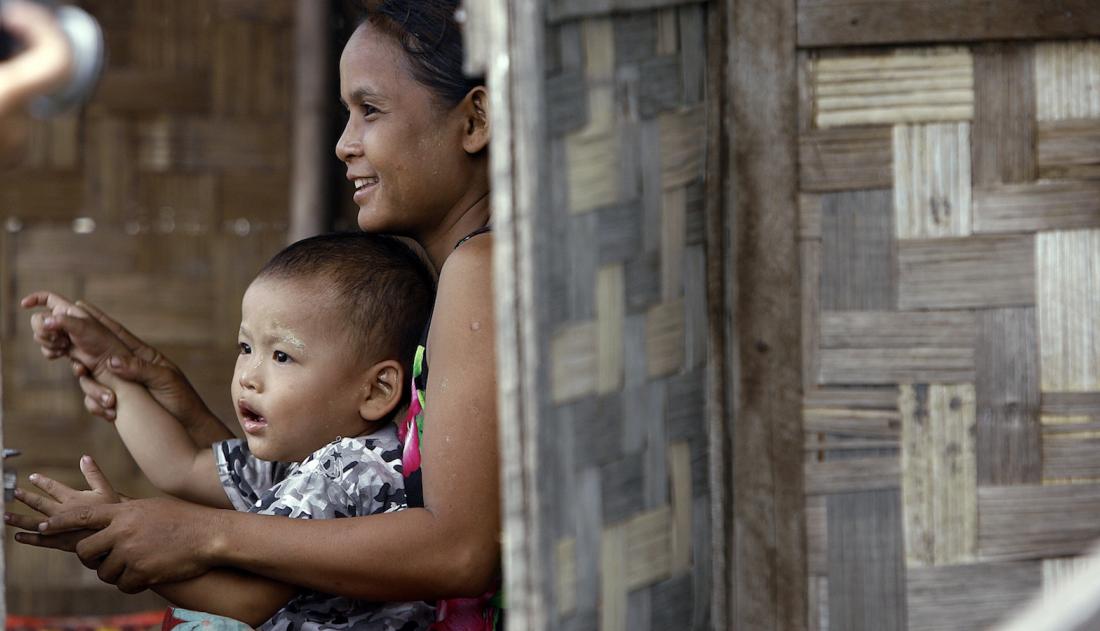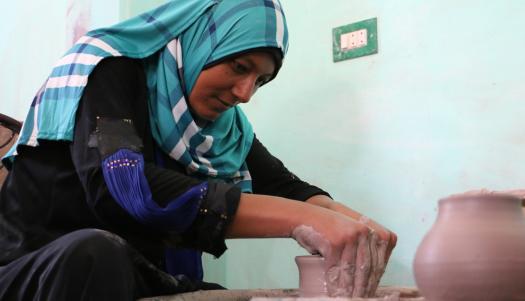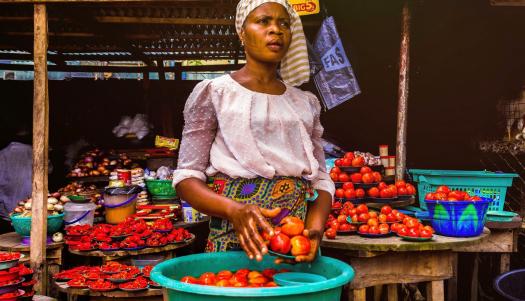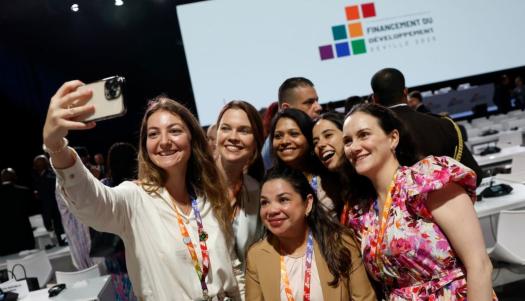
The implementation, success, and sustainability of SDGs 16 and 11 are greatly dependent on a family focused approach that takes into consideration the contexts within which decisions about laws, policies, and programmes are made. Isolated approaches that target individuals without consideration of the larger family environments in which they are embedded are destined to fail. It is thus, imperative that families in all their various forms, need to be recognized, targeted, strengthened, and supported. SDG16 promoting peaceful and inclusive societies relies on families to create and raise the next generation of peaceful, stable citizens and productive workers. Encouraging positive child and youth development is a key component of this goal, as well as stabilizing family environments through strengthening family relationships and providing basic financial stability. The eradication of poverty is key to decreasing stressors on families. Download full publication
 Welcome to the United Nations
Welcome to the United Nations


